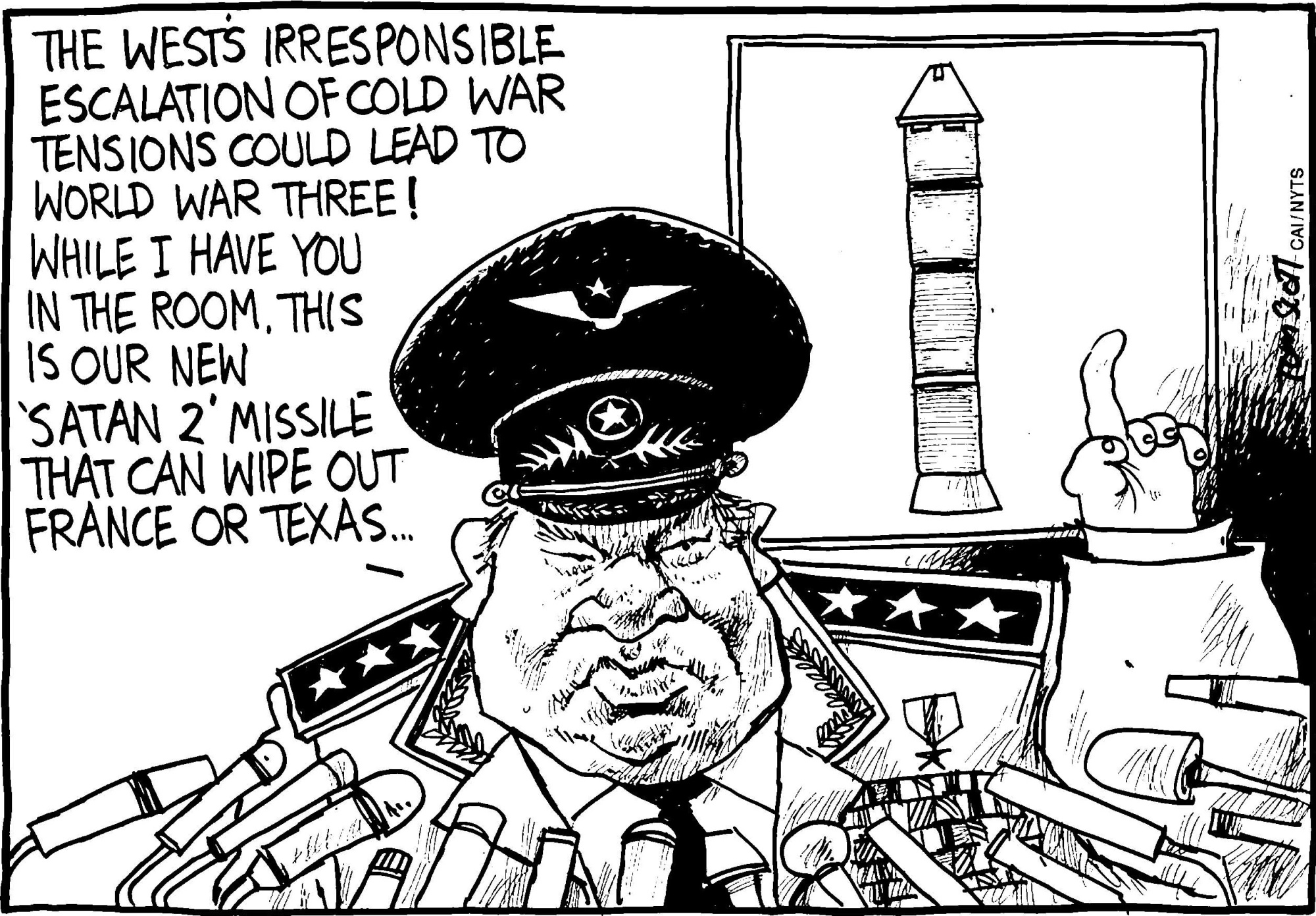The degradation of governance within the international system is a hot topic nowadays — and for good reason. The underpinnings of the rules-based world order are crumbling, and basic norms of international behavior and decency are in decay. By almost any definition, we seem to be living in a dangerous — even prewar — type of world.
Relations between Russia and the European Union, and with the EU's close ally the United States, are increasingly fragile. There has been an effort to cope with shifting power dynamics in Europe by restoring the military-political divide between NATO and Russia — this time, some 965 km east of where it was during the Cold War. But that approach has created new dangers, particularly given the EU's own fragility, and is unlikely to succeed.
More broadly, the unipolar world order, with the U.S. as hegemon, is withering away. Of course, that order was far from perfect. On the contrary, it was a source of large-scale disorder, not least through American support of regime change in countries near and far. Mounting chaos in the Middle East exemplifies the flaws in this approach.


















With your current subscription plan you can comment on stories. However, before writing your first comment, please create a display name in the Profile section of your subscriber account page.